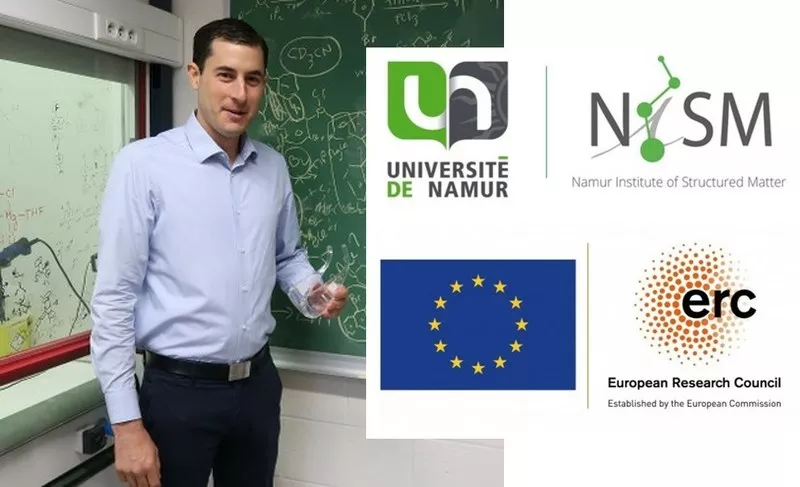Nowadays, 80% of industrial processes use catalysts. A catalyst is a chemical element or molecule that causes or increases the rate of a chemical reaction. The popular vision of the field is generally negative because it brings to mind pollution (catalysts from cars) with dispersions of rare and dangerous metal dust.
The B-YOND project will study the possibilities of reprogramming the structure of some catalysts, in order to override the current reactivity and stability limitations. In addition, instead of using precious metals and rare elements, the project will focus on non-toxic and inexpensive elements such as boron, carbon and silicon. With the double advantage that we find them in abundance on our planet, that they are readily accessible and recycled!
The research outcomes will lay the basis for the development of new energy and resource management strategies, notably through novel approaches to catalyst design and sustainable materials development, and will enable the efficient transformation of abundant resources in our atmosphere (carbon dioxide, methane, dinitrogen) in high value-added chemicals and fuels.
Short CV
Guillaume Berionni obtained his PhD in 2010 at the University of Versailles (Lavoisier Institute) for his research in physical organic chemistry. He then joined the Ludwig Maximilian University of Munich as a Humboldt Postdoctoral Fellow under Prof. Herbert Mayr and Prof. Paul Knochel. Since 2017, he has been Professor of Chemistry at the University of Namur and member of the Namur Institute of Structured Matter (NISM). He is currently leading a research team of 8 doctoral, post-doctoral and master's students. In 2018, he was granted a Scientific Impulse Mandate (MIS) from the FNRS to develop the research project "Bifunctional Boron Catalysts and Receptors".

He is currently leading a team of 8 PhD students, postdocs and master students. In the fall of 2022, his team will grow with the recruitment of 6 new researchers (doctoral students and post-doctoral students) financed thanks to the awarded grant.
For this 2021 call, the ERC received 2652 consolidation grant proposals and a total of 313 winners are funded in Europe. In the PE5 (Synthetic Chemistry and Materials) panel in Physical Sciences and Engineering, a total of 12 ERC CoG grants were awarded this year in Europe, of which only one was awarded in Belgium to Professor Berionni.
Congratulations to him!